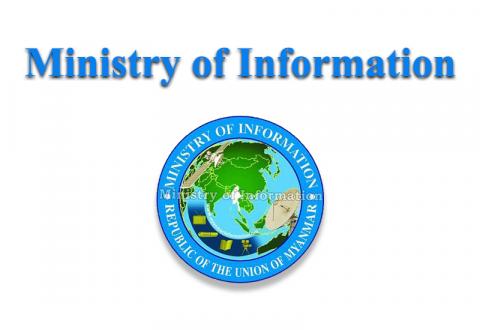Control TB with proper treatment for patients
TUBERCULOSIS, malaria and HIV are three major diseases which threaten human society today. Tuberculosis (TB) is an infectious disease caused by the transmission of the tuberculosis bacteria. It is a disease related to social and economic factors.
The bacteria responsible for TB in humans include Mycobacterium tuberculosis, Mycobacterium bovis, and Mycobacterium africanum. TB is treatable and curable with proper care, but without treatment, it can be deadly. Globally, TB is the second leading infectious cause of death. An untreated tuberculosis (TB) patient can infect 10 to 15 people in a year. Children typically contract TB from an infected family member at home, the primary carrier, as there is no transmission of TB between children.
In 1993, the World Health Organization (WHO) declared tuberculosis (TB) a public health emergency. As of 6 November 2023, the WHO reported 10.6 million TB cases globally, including 1.3 million children, and 1.3 million deaths. The highest prevalence is in Southeast Asia accounting for 35 per cent, Africa 30 per cent, and the Western Pacific region 20 per cent. Common signs of Childhood TB include a cough lasting over two weeks, fever, weight loss, stunted growth, loss of appetite, fatigue, night sweats, and additional symptoms depending on the infection site.
Congenital tuberculosis (TB) is a rare condition that usually appears 2-3 weeks after birth. Symptoms include poor feeding, lack of weight gain, coughing, lethargy, persistent fever, ear discharge, and skin rashes or blood spots. Diagnosis involves testing fluid or tissue samples, often linked to transmission through the mother’s birth canal or related pathways. Children under 5 exposed to TB bacteria are at risk of developing meningitis or widespread TB. If a family member is diagnosed with TB, it’s crucial to have young children tested to rule out infection. If they test negative, they should receive preventive TB medication as recommended.
Myanmar is among the 30 countries with the highest rates of regular TB, drug-resistant TB, and TB-HIV co-infections. As a global public health emergency, TB presents significant challenges, including the impact of wars and food insecurity on its spread. WHO stresses the need for funding to support medication and research efforts to fight TB.
The fight against tuberculosis requires collective action, not individual efforts. National governments must lead with accountability, urban communities must unite, partner organizations must offer support, and healthcare providers must contribute. Eliminating tuberculosis as a global health emergency depends on the active commitment and participation of everyone, both mentally and physically.
#TheGlobalNewLightOfMyanmar

